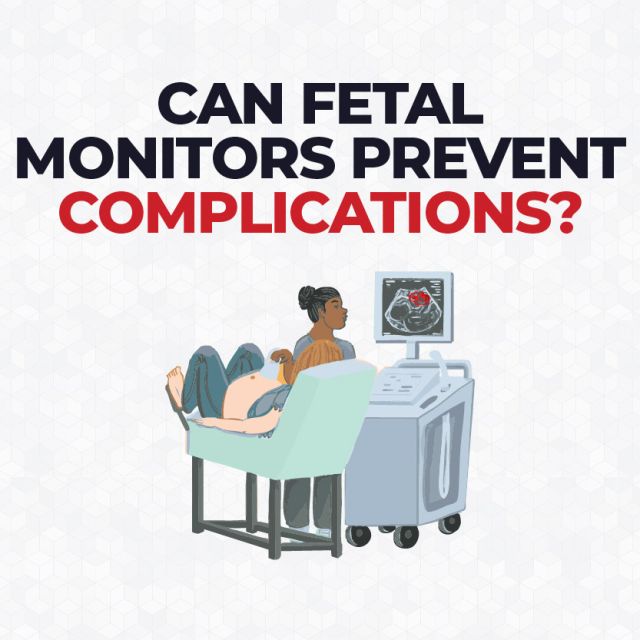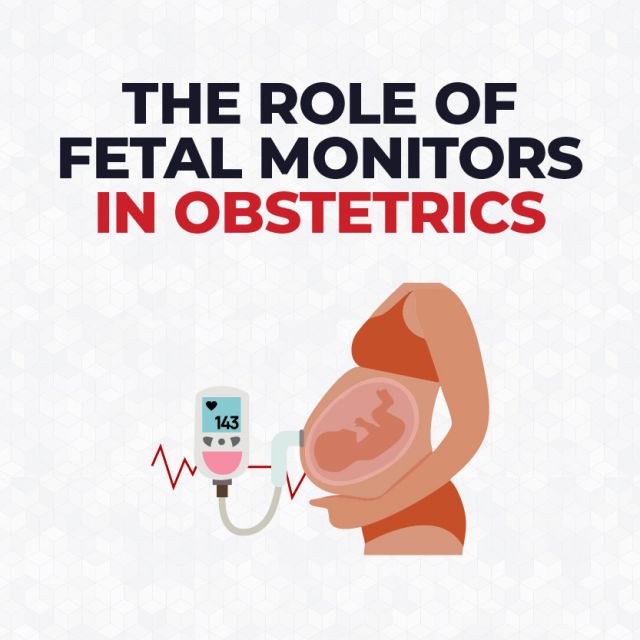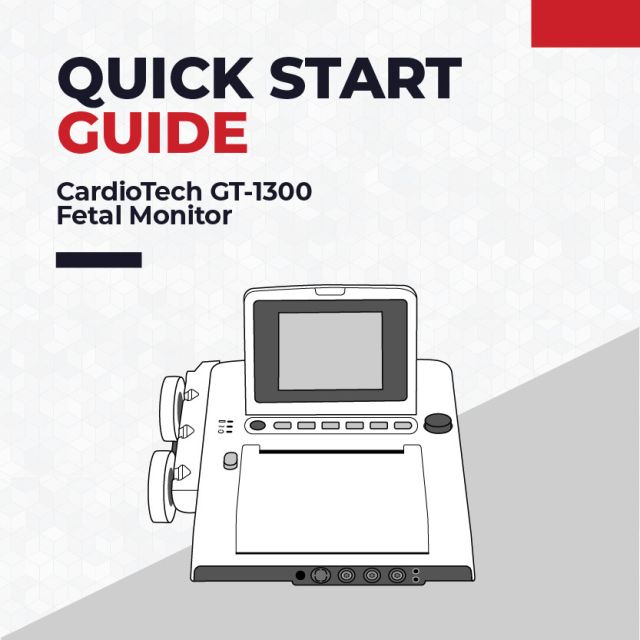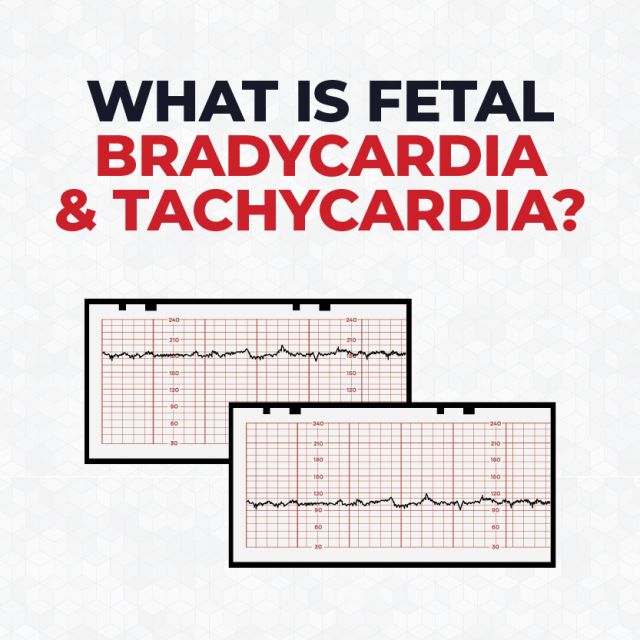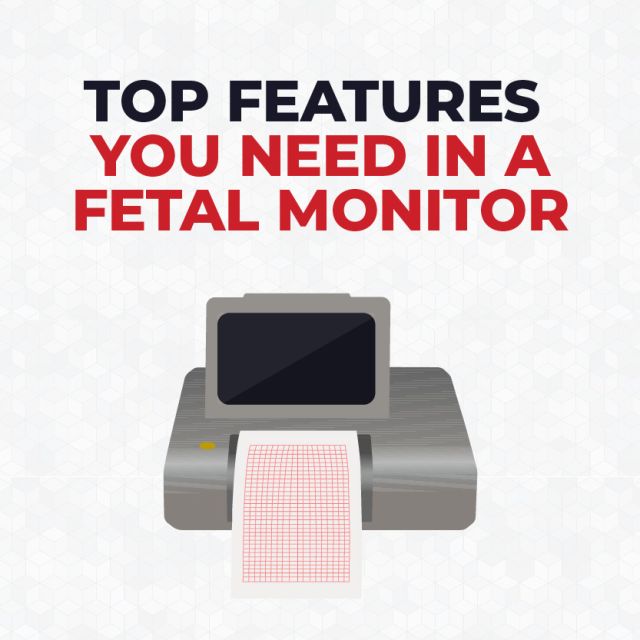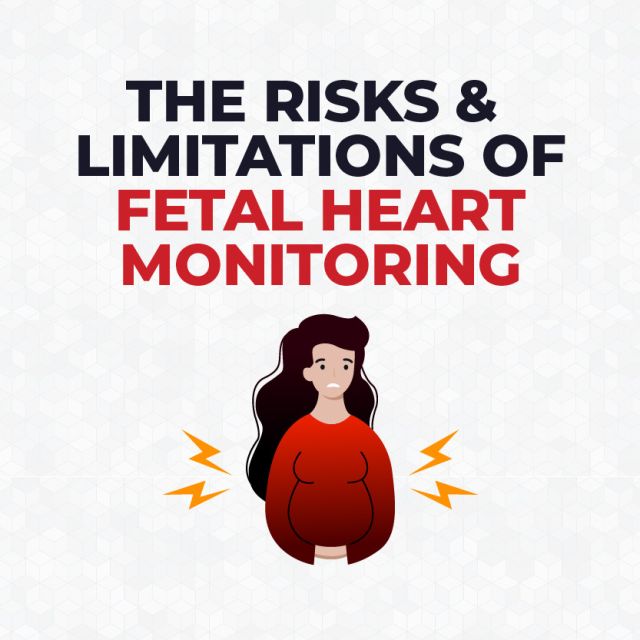Can Fetal Monitors Prevent Complications?
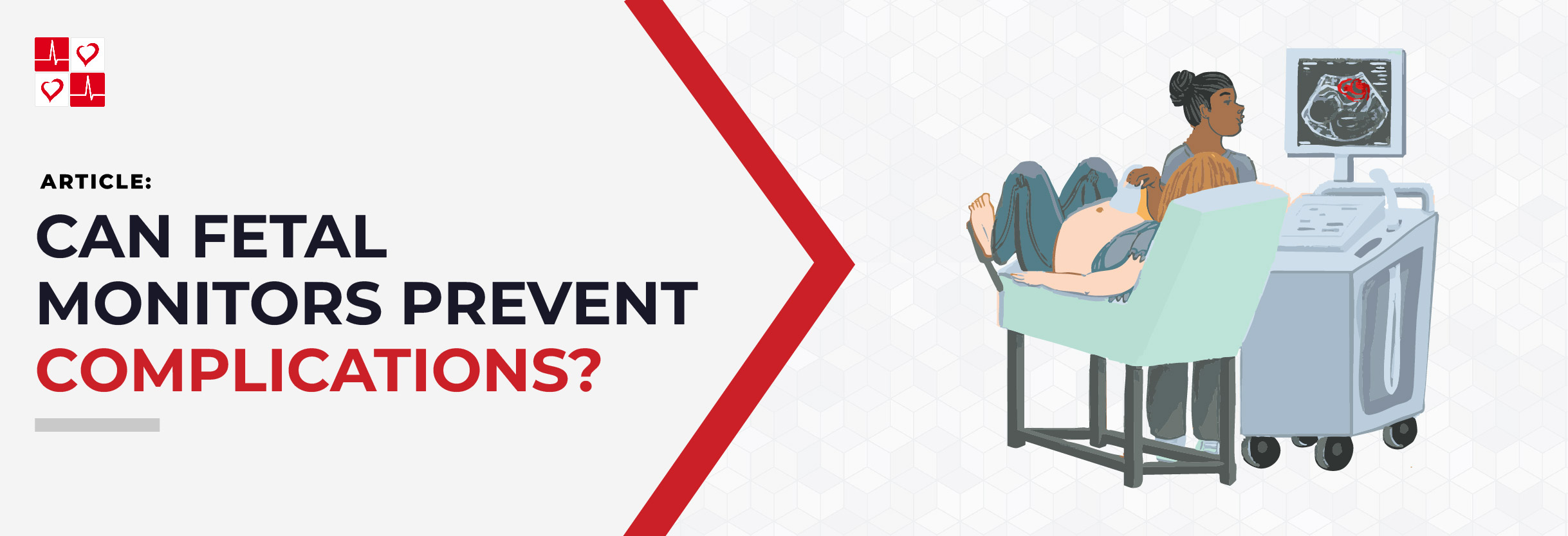
Introduction
Fetal monitors use advanced technology to provide real-time insights into the condition of both the fetus and the mother during pregnancy and labor. While fetal monitors themselves don’t prevent complications, they can alert healthcare providers to intervene as necessary. In this article, we will take a closer look at some of the ways fetal monitors can help prevent complications.
Can Fetal Monitors Prevent Complications?
Changes in Fetal Movement
Continuous fetal monitoring allows for the immediate identification of concerning patterns in FHR, giving clinicians time to reposition the mother. Patterns of movement can indicate the baby’s well-being. However, reduced fetal movement could suggest concerns with the baby’s placenta or the mother’s uterus.
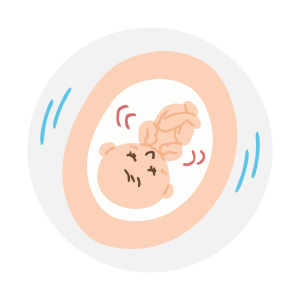
Early Contractions
Detecting early contractions is critical for identifying preterm labor, ensuring that appropriate treatments are administered to improve pregnancies. By tracking uterine activity, fetal monitors can alert clinicians to issues like uterine hyperstimulation.

Increased Fetal Heart Rate
Fetal monitors can detect an increase in fetal heart rate, or fetal tachycardia, which can signal conditions such as fever, fetal distress, or early signs of infection. Identifying these conditions is crucial for assessing if treatment or medication are necessary.
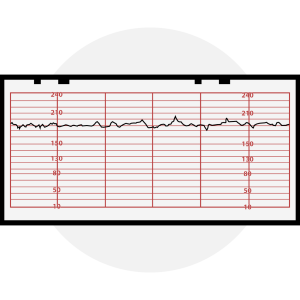
Closing
Fetal monitors provide insightful data that enhances the safety and quality of care during pregnancy and labor. While fetal monitors don’t directly prevent complications from arising, they help with early detection and timely intervention, which can significantly reduce pregnancy complications. To view our catalog of hospital-grade fetal monitors, click here.


